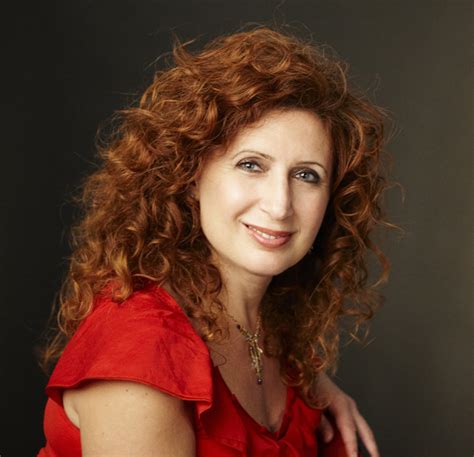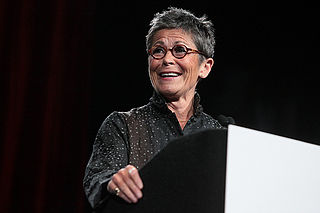A Quote by Will Cuppy
Alexander III of Macedon is known as Alexander the Great because he killed more people of more different kinds than any other man of his time.
Related Quotes
The shortest way to arrive at glory should be to do that for conscience which we do for glory. And the virtue of Alexander appears to me with much less vigor in his theater than that of Socrates in his mean and obscure. I can easily conceive Socrates in the place of Alexander, but Alexander in that of Socrates I cannot.
Each day brought just another minute of the things they could not leave behind. Jane Barrington sitting on the train coming back to Leningrad from Moscow, holding on to her son, knowing she had failed him, crying for Alexander, wanting another drink, and Harold, in his prison cell, crying for Alexander, and Yuri Stepanov on his stomach in the mud in Finland, crying for Alexander, and Dasha in the truck, on the Ladoga ice, crying for Alexander, and Tatiana on her knees in the Finland marsh, screaming for Alexander, and Anthony, alone with his nightmares, crying for his father.
He [Julius Caesar] learned that Alexander , having completed nearly all his conquests by the time he was thirty-two years old, was at an utter loss to know what he should do during the rest of his life, whereat Augustus expressed his surprise that Alexander did not regard it as a greater task to set in order the empire which he had won than to win it.
Where was he, her Alexander, of once? Was he truly gone? The Alexander of the Summer Garden, of their first Lazarevo days, of the hat in his hands, white toothed, peaceful, laughing, languid, stunning Alexander, had he been left far behind? Well, Tatiana supposed that was only right. For Alexander believed his Tatiana of once was gone, too. The swimming child Tatiana of the Luga, of the Neva, of the River Kama. Perhaps on the surface they were still in their twenties, but their hearts were old.
To us, it is incomprehensible that millions of Christian men killed and tortured each other because Napoleon was ambitious or Alexander was firm, or because England's policy was astute or the Duke of Oldenburg was wronged. We cannot grasp what connection such circumstances have the with the actual fact of slaughter and violence: why because the Duke was wronged, thousands of men from the other side of Europe killed and ruined the people of Smolensk and Moscow and were killed by them.
Gays have always been in the military. Alexander the Great was originally Alexander the Fabulous. A gay man invented C-rations. He claims he could never talk anyone into the cilantro garnish. Obviously, gays were not allowed to design the outfits, because we never would have stayed with the earth tones for so long.
Wars between states and people seem to have existed under all historical systems for as long as we have some recorded evidence. War is quite clearly not a phenomenon particular to the modern world-system. On the other hand, once again the technological achievements of capitalist civilization serve as much ill as good. One bomb in Hiroshima killed more people than whole wars in pre-modern times. Alexander the Great in his whole sweep of the Middle East could not compare in destructiveness to the impact of the Gulf War on Iraq and Kuwait.
There is a Greco-Buddhist school of architecture and sculpture that you find everywhere in the world. It's fascinating, because Alexander died in 323 B.C. and Buddha existed around 500 B.C. But Alexander met Buddhist-type sages. And they had a different view of the world, as you know. They saw it in circular terms. They didn't need to conquer any land. And there are blond people who live in that region who are said to be descended from the soldiers who stayed. He left garrisons all over the world as he went.
Alexander's achievement was not the conquest of India, but the feat of actually getting there and his two years in India were more of a geographical expedition than a military campaign. .... a Greek army had reached what they regarded as the end of the earth. They had pitted themselves against the ultimate as bravely as the yogins had struggled to break through the limits of the human psyche. Where mystics had conquered interior space, Alexander explored the farthest reaches of the physical world. .... like many of the axial sages, he was constantly 'straining after more'.



































